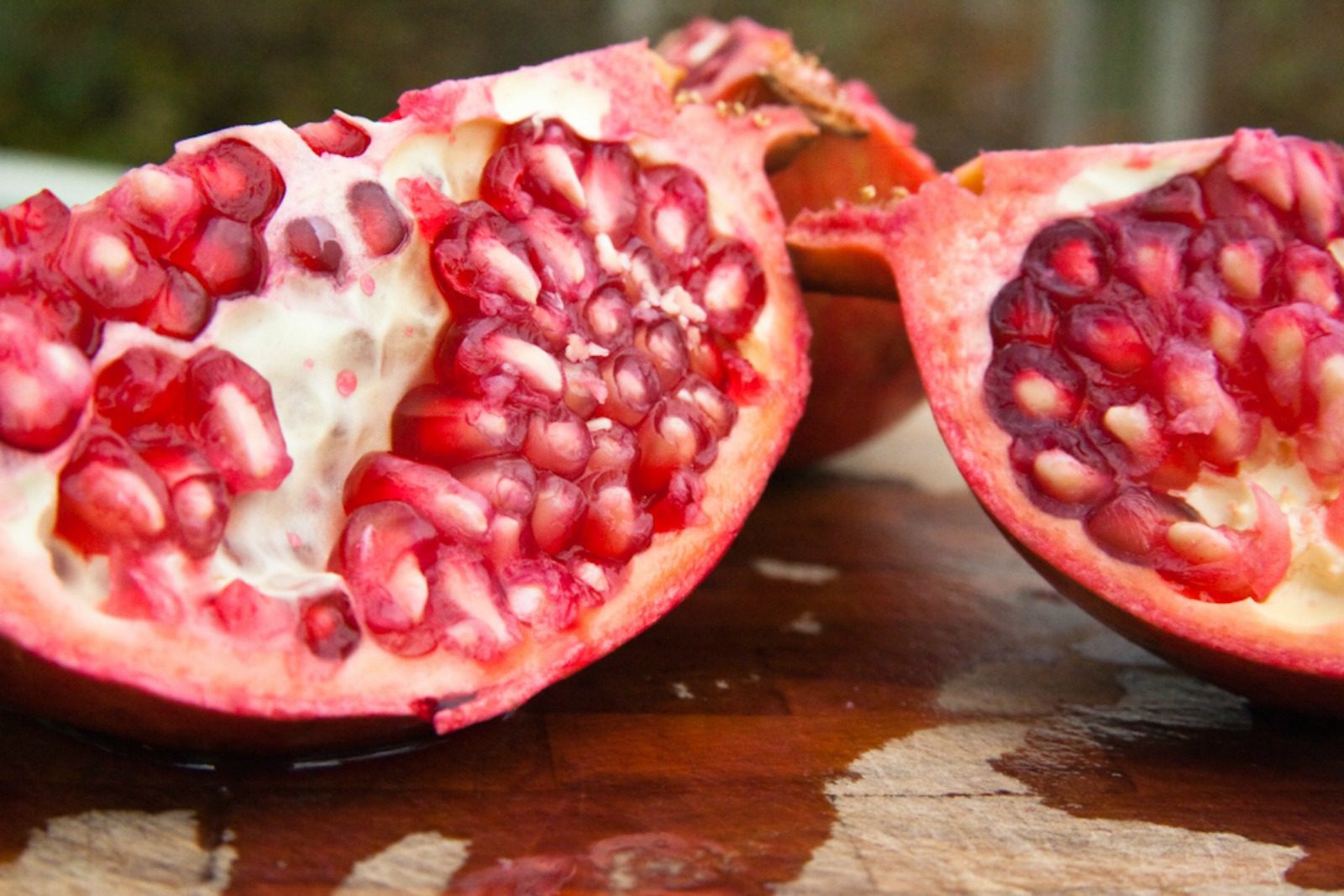
Firstly, introducing Auscrops, a high-tech market vending company bridging farmers and customers together through market vendors. Click here to find out more about Can Fruit And Vegetables Make You Bloated as well fruit and vegetable offers.
Can Fruit And Vegetables Make You Bloated
We’ve all been there – after a hearty meal, we experience that uncomfortable, distended feeling in our stomach. Could those healthful fruits and vegetables be the culprits? Let’s dive into the relationship between fresh produce and bloating.
Digestive Dynamics
Our digestive system is a marvel, processing a wide variety of foods. Nonetheless, certain compounds found in fresh produce can lead to gas production. This, in turn, can cause bloating in some individuals.
High-Fibre Foods: A Double-Edged Sword
Fibre is essential for digestive health. Additionally, it aids in regular bowel movements and lowers cholesterol levels. Fruits and vegetables are fibre-rich, which is usually a good thing. Nonetheless, for those unaccustomed to a high-fibre diet, a sudden increase can lead to bloating.
FODMAPs: The Unsung Heroes
FODMAPs (Fermentable Oligosaccharides, Disaccharides, Monosaccharides, and Polyols) are a group of sugars that aren’t always fully digested. They can ferment in the gut and produce gas. Some fruits and vegetables, like apples and cabbage, are high in FODMAPs. For individuals sensitive to these compounds, bloating can be an unwelcome side effect.
Cruciferous Crunch
Broccoli, cauliflower, and Brussels sprouts are staples in many diets. Nonetheless, these belong to the cruciferous vegetable family. They contain raffinose, a sugar that remains undigested until bacteria in the gut ferment it, producing gas and, subsequently, bloating.
Natural Gas Producers
Some foods are notorious for their gas-producing properties. Beans and lentils, for example, contain sugars called alpha-galactosides. Furthermore, certain fruits like pears and apples can also be problematic for some people.
Tips to Tame the Bloat
- Incremental Increase: If you’re upping your fibre intake, do so gradually. This allows your digestive system to adjust.
- Hydrate: Drink ample water. This helps move fibre through the digestive system more smoothly.
- Cooking Matters: Cooking can break down some of the troublesome compounds. Steamed broccoli, for instance, might be less bloating than the raw version.
A Balanced Approach
Nonetheless, In the quest for a balanced diet, it’s pivotal to listen to your body’s cues. While fruits and vegetables are undeniably beneficial, it’s essential to consume them in a way that aligns with your digestive well-being. Remember, a little awareness and a dash of caution can pave the way for a bloat-free experience with nature’s bounty.
Lastly, Click here to read similar articles.
 Français
Français 











